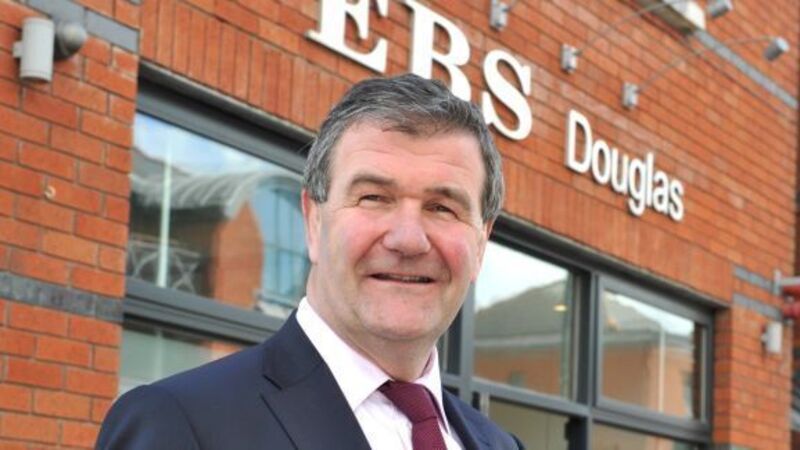A HOLL OF A JOURNEY

His years as Munster manager taught Jerry Holland a great deal.
About preparing elite sportspeople for big occasions? Sure? About the psychology of a winning dressing-room? Absolutely.
Try from €1.50 / week
SUBSCRIBEHis years as Munster manager taught Jerry Holland a great deal.
About preparing elite sportspeople for big occasions? Sure? About the psychology of a winning dressing-room? Absolutely.
Already a subscriber? Sign in
You have reached your article limit.
Annual €130 €80
Best value
Monthly €12€6 / month
Introductory offers for new customers. Annual billed once for first year. Renews at €130. Monthly initial discount (first 3 months) billed monthly, then €12 a month. Ts&Cs apply.
Newsletter
Latest news from the world of sport, along with the best in opinion from our outstanding team of sports writers. and reporters
Newsletter
Latest news from the world of sport, along with the best in opinion from our outstanding team of sports writers. and reporters
Tuesday, February 10, 2026 - 12:00 PM
Tuesday, February 10, 2026 - 10:00 AM
Tuesday, February 10, 2026 - 12:00 PM
© Examiner Echo Group Limited